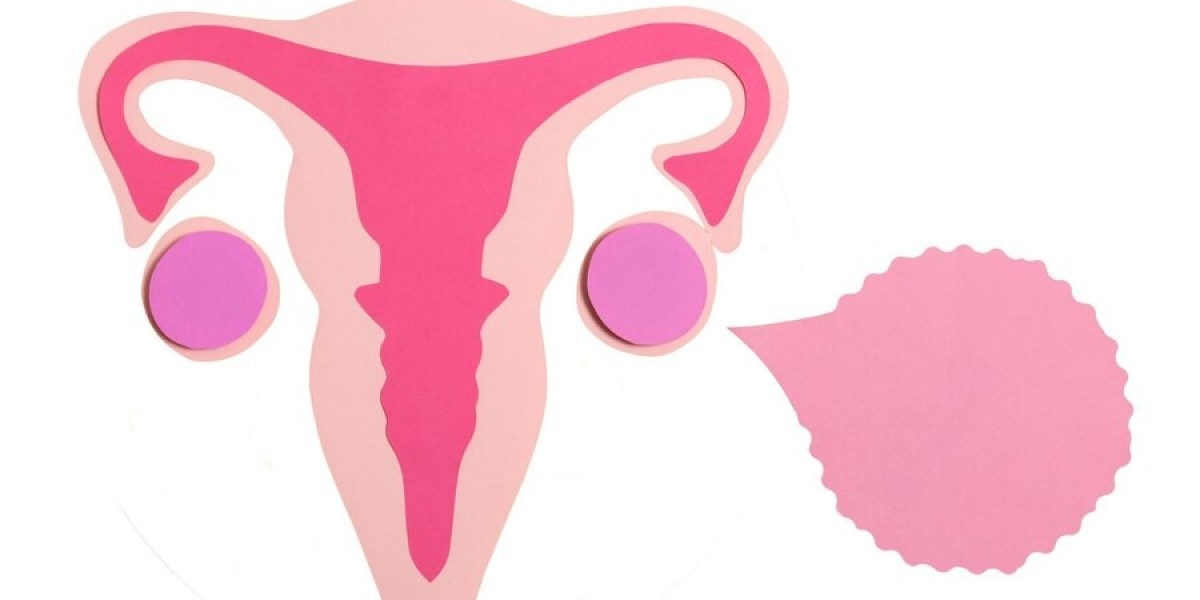Whether juggling a demanding career, running a household, or balancing social activities, it's easy to feel overwhelmed when your period arrives. Thankfully, with the right tools, strategies, and mindset, you can handle menstruation with ease. This comprehensive guide explores the best feminine hygiene tips that busy women can incorporate into their daily routine, making their menstrual cycle more manageable and stress-free.
The Connection Between Feminine Hygiene and Your Health
Your feminine hygiene routine is inherently linked to your body’s natural systems. The vagina, for instance, has its own microbiome, made up of bacteria that help maintain an acidic environment, which is critical in preventing harmful infections.
When you use certain products or adopt improper practices, you can inadvertently disrupt this delicate balance, leading to a variety of potential health issues.
A healthy menstrual hygiene routine is key in not only promoting cleanliness but also supporting the natural functions of your body. Let's explore how maintaining a proper routine can positively or negatively affect various aspects of your health.
Pads vs. Tampons vs. Menstrual Cups
Pads are a popular choice as they are easy to use and come in a variety of sizes for different flow levels. They are worn externally and provide good protection, but may feel bulky under tight clothing.
Tampons are inserted into the vagina and provide a more discreet option than pads. They are perfect for active women who need to stay mobile, especially for sports or during physical activities.
Menstrual cups are reusable silicone or rubber cups that collect menstrual blood. They are eco-friendly, cost-effective, and can hold more blood than tampons or pads, making them ideal for overnight use or long days.
What is the Role of Feminine Hygiene in Mental Health?
Your menstrual hygiene routine is not just about cleanliness; it can also affect your mental well-being. Feeling fresh and clean contributes to a positive sense of self-esteem and confidence.
On the other hand, poor hygiene habits can lead to discomfort, unpleasant odors, and even infections that can have a direct impact on how you feel about yourself.
How Chemical-free panty liners play a role in Feminine Hygiene and Menstruation?
Chemical-free panty liners are typically made from natural, non-toxic materials like organic cotton or bamboo, which are free from synthetic chemicals, dyes, fragrances, and bleach.
Many conventional panty liners contain chemicals that can cause irritation, rashes, or allergic reactions, especially in sensitive areas. By avoiding these chemicals, chemical-free panty liners help reduce the risk of these issues.
The materials used in chemical-free panty liners allow for better airflow to the skin, reducing moisture buildup and the risk of yeast infections or bacterial growth. The breathability ensures that the sensitive skin around the genital area remains dry and comfortable throughout the day.
Many chemical-free panty liners are biodegradable or made from sustainable materials, contributing to reducing plastic waste and the environmental impact. Unlike traditional products, which can take hundreds of years to decompose, these liners break down more easily, making them a greener choice for feminine hygiene.
Deal with Menstrual Cramps Effectively
Many women experience menstrual cramps (dysmenorrhea) during their period, which can be particularly challenging when you're busy. Fortunately, there are several ways to ease cramps and discomfort
Heat Therapy Applying a heating pad to your lower abdomen can help relax the muscles and reduce cramping. If you don’t have a heating pad, a warm water bottle or even a warm bath can provide relief.
Over-the-Counter Pain Relief Non-prescription pain relievers such as ibuprofen or acetaminophen can alleviate cramping. These are particularly helpful when you're unable to rest or take time off from your daily responsibilities.
The Link Between Diet, Feminine Hygiene, and Overall Health
What you eat has a direct impact on your vaginal health and your hygiene routine. A diet high in sugar can increase the risk of yeast infections, while a lack of proper hydration can cause dryness, leading to discomfort.
Eating a balanced diet rich in vitamins, minerals, and probiotics can contribute to a healthier vaginal environment.
For example, probiotics found in yogurt and fermented foods can support the growth of beneficial bacteria in the vagina, helping maintain the pH balance and prevent infections.
Manage Period Mood Swings
Engaging in stress-reduction practices like meditation, deep breathing, or mindfulness can help you stay balanced during your period. Taking short breaks during the day to clear your mind can significantly improve your mood.
Quality sleep is essential for maintaining emotional stability. Sleep deprivation can make mood swings worse, so aim for at least 7-9 hours of sleep each night, especially during your period.
Eating a balanced diet rich in whole grains, protein, and healthy fats can improve your mood. Avoid excessive sugar and caffeine, as these can worsen anxiety or irritability.
The Role of Menstrual Hygiene Products
Pads are one of the most commonly used menstrual products. They come in different sizes, absorbency levels, and materials. It’s essential to select pads made from breathable materials to reduce the risk of irritation.
Tampons are inserted into the vagina and absorb menstrual blood. They’re ideal for active women as they allow greater mobility and comfort during menstruation.
Conclusion
With the right tools, practices, and mindset, you can stay comfortable and confident throughout your period. Choosing the right menstrual products, maintaining good hygiene, and managing cramps and mood swings are just a few of the ways you can take charge of your menstrual health. By following these tips, you can make menstruation a more manageable and less stressful part of your busy life.







